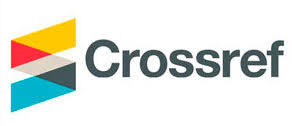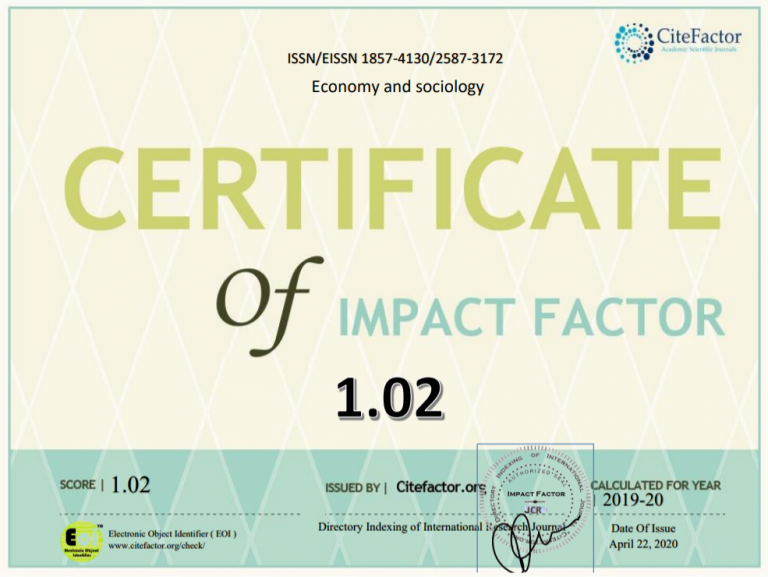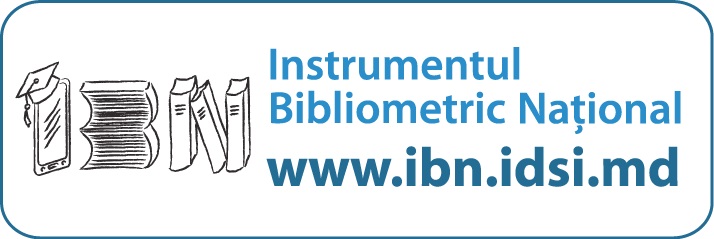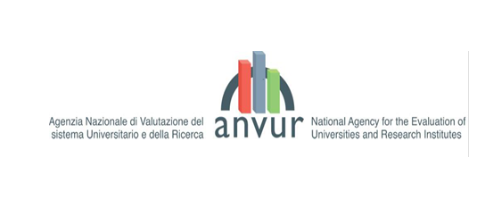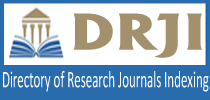Ethics policy
THE ETHICAL PRINCIPLES OF THE JOURNAL ECONOMY AND SOCIOLOGY
The editorial board of the journal Economy and Sociology follows the standards of editorial ethics in line with the international ethical rules of scientific publications and does every effort to prevent them from being violated. The editorial board strictly adheres to all the recommendations of the Committee on Publishing Ethics (COPE, more details: https://publicationethics.org/resources).
The editorial board of the Economy and Sociology journal confirms that there are no abusive (bad faith) among all participants in the publishing process: authors, editors, reviewers, and the founder of the journal. More specifically, we would like to highlight the attention of all authors (current and potential), all reviewers, internal publishers and clients on the following COPE provisions that we consider most important for our work:
In the publishing process, redaction (editors) are guided by the following rules:
-
to respect the principles of objectivity, professionalism, impartiality;
-
to interact with the authors by respecting politeness, goodwill, honesty and transparency;
-
to act in full compliance with the editorial policy of the journal, taking into account the current legal requirements regarding defamation, copyright, legality and plagiarism;
-
to check all received manuscripts as original items using Antiplagiatus system. When multiple loans are detected, publishers act in accordance with the COPE rules https://publicationethics.org/files/u7140/plagiarism%20A.pdf
-
to prevent discrimination in evaluating materials submitted by authors;
-
not to violate the requirement of blind, bilateral review (not to disclose to the authors the personal data of the reviewers, and reviewers not to disclose the author’s personal data);
-
not to disclose information about the materials received from authors, except authors, reviewers, potential reviewers, or other scientific consultants and the publisher;
-
to take reasonable steps to identify and prevent the publication of study articles in the course of which misconduct has been committed, to encourage such violations or to consciously allow such violations;
-
to be ready to publish corrections, explanations, denials, and excuses, when necessary.
In the publishing process, reviewers are guided by the following rules:
-
to act in full compliance with the editorial policy of the journal, taking into account the current legal requirements regarding defamation, copyright, legality and plagiarism;
-
not to use unpublished data, received for examination, in their own research;
-
to respect the terms of examination of materials established by the editorial board;
-
to inform the publisher and to request the exclusion from the review process if the reviewer understands that he / she does not have sufficient qualifications to examine the materials or does not have enough time to complete the work in reasonable terms;
-
to consider that any material received for review is a confidential document, not to disclose the content, and not to talk to anyone other than publishers who submitted the material for review;
-
reviewers may not consider manuscripts for which there is a conflict of interest resulting from competition, cooperation or any other relationship with any of the authors, projects or organizations referred to the article;
-
to provide an objective evaluation of the materials under review. The authors’ personal criticism is unacceptable. The opinion is to be expressed clearly and convincingly;
-
to identify significant similarities or coincidences between the material received for examination and any other previously published work that is within the scientific competence of the reviewer and express an opinion on the acceptability of the material for publication in terms of ethical standards and rules;
-
the reviewer has the right to request a manuscript for re-examination;
-
refund fees for reviewers are not paid.
In the publishing process, authors follow the following rules:
-
to act in full compliance with the editorial policy of the journal, taking into account the current legal requirements regarding defamation, copyright, legality and plagiarism;
-
to provide reliable research results. The paper should contain enough details and bibliographic references for possible reproduction. False or deliberately erroneous statements are perceived as unethical and unacceptable behaviours. This may serve as a reason for rejecting the material or for rebutting the published article;
-
not to publish materials on the same study in several magazines as an original publication. The presentation of the same manuscript at the same time in several magazines is perceived as unethical and unacceptable. The author should not submit an article previously published for review in another magazine;
-
to guarantee the complete originality of the presented material. In the case of the use of works or statements by other authors, provide bibliographic references or relevant fragments;
-
not to accept plagiarism in any form – presenting someone else’s results as the author, copying or paraphrasing the essential parts of someone else’s work (without assignment) until his rights have been declared on the results of someone else’s research;
-
to confirm that the material submitted for publication does not violate any of the existing copyrights and ensure that the publisher’s compensation is offset in the event of violations;
-
to follow the self-citing rules, ie: if the material elements have previously been published in another article, including in the journal Economy and Sociology, the author is required to refer to previous works and to indicate a significant difference between the new work and the previous ones. The verbal copying of their own works and their reformulation are unacceptable, they can only be used as a basis for new conclusions. In line with the international ethics of scientific publications, authors are recommended to abide by a self-citation rate within the limits of 0-10%;
-
to provide information about their affiliation, as they present an integral part of indexing articles in databases and catalogs that are treated as open sources for all.
In the publishing process, the NIER publisher is guided by the following rules:
-
to act in full compliance with the editorial policy of the journal, taking into account the current legal requirements regarding defamation, copyright, legality and plagiarism;
-
to respect the principles and procedures that promote the ethical obligations of publishers, reviewers and authors in accordance with established requirements;
-
to support the Editorial board in reviewing the ethical claims of the published materials and to help interact with other journals and / or publishers if it contributes to the editorial tasks;
-
to provide appropriate specialized legal advice (opinion or advice), if necessary;
-
to perform an annual review of academic publishing rules and double-blind mutual evaluation standards (at least once a year, additional changes can be introduced if world standards and / or COPE regulations are changed).
CONFIDENTIALITY
-
Publishers who communicate directly with the authors (online and / or offline) are responsible for keeping confidential all personal data.
-
Neither the Editorial board nor the editorial team have technical capabilities to follow data from third parties.
-
the Editorial board and editorial teams will not use personal data provided by authors and / or reviewers for personal purposes, including those of a purely scientific / academic nature.
-
The Editorial board and Editorial team will strictly share the author’s personal information in cases where plagiarism or other misconduct has been detected and there is an ongoing investigation. In such a case, the editorial board and the editorial team are expected to be fully cooperative and to contribute to the investigation.
-
The workplace affiliation and author contact emails are published on the first page of each article and are treated as part of open access information. If an author WILL NOT wish to see the publication of emails, they will inform the editorial team about this decision at least 3 working days before the date of accessing the online article.
-
Because the author’s affiliation is an integral part of indexing articles in international databases and catalogs, this information is treated as open-source data and all authors are encouraged to provide them during text submission.
-
The Editorial board and Editorial team will not share personal contact information with third parties (such as phone numbers, emails, skype names, and more).
-
The Editorial board and Editorial team will not attempt to follow the IP addresses of senders who establish communication with the journal.
-
Communication with members of the Editorial board and Editorial team through the use of social networks is forbidden. We ask all authors, reviewers and readers to respect the confidentiality of our employees and partners and not seek communication with them through informal sources such as Facebook, Linkedin and others.
-
The minimum retention period for personal data is 1 calendar year from the date of first contact.
-
The publishers of the journal retain the right to delete any personal data about the authors and / or reviewers they consider to be useless.
-
If a person / organization receives an email from the board of directors or the editorial staff due to a technical error or human error – we ask them to delete the email as soon as possible and notify the editorial office at the earliest .
-
If you have a specific question about how we collect and save the data – please contact our responsible publisher. If you want all personal data to be deleted from our internal database – please contact our responsible publisher.

